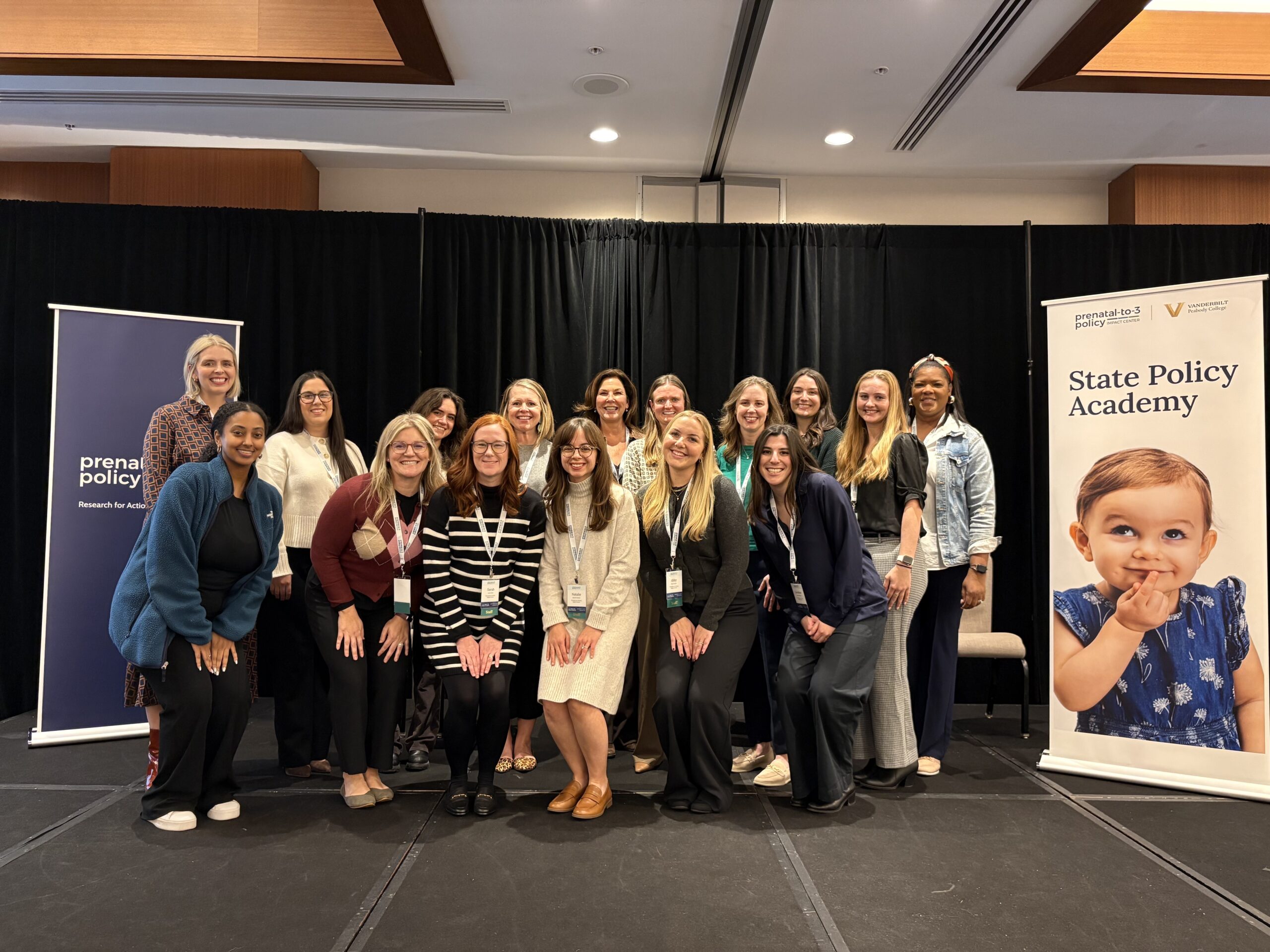- Home
- /
- Research Topics
- /
- Two-Generation Programs for Parental Employment
Two-Generation Programs for Parental Employment
Two-generation programs for parental employment serve both children and their parents simultaneously, aiming to empower parents to secure and retain gainful employment while providing children with support needed for successful early development. Such programs maximize the benefit to families by ensuring parents are able to access employment training and other support services without sacrificing quality care for their children.
Featured Resource
Two-generation programs for parental employment are services and programs that serve both children and their parents simultaneously, aiming to empower parents to secure and retain gainful employment while providing children with support needed for successful early development.
Related Resources
- Blog
- |
This blog post outlines the state policy changes in effect since the release of our 2025 Roadmap, providing timely and up-to-date context for consideration as policy discussions continue in 2026.
Tracing policy decisions from early America to today, the reports reveal how long-standing choices continue to shape access and outcomes for families Press Contact: Sydne Lewis, 615-343-9946, sydne.lewis@vanderbilt.edu The Prenatal-to-3 Policy Impact Center at Vanderbilt
Osborne will lead the nation’s premier public policy research association, shaping its 2026 Fall Research Conference and advancing excellence in policy analysis and management Press Contact: Sydne Lewis, 615-343-9946, sydne.lewis@vanderbilt.edu Dr. Cynthia Osborne, professor of early
In North Texas, child care providers already serving subsidized families are willing to serve more; yet, thousands of families remain waitlisted. Download the brief Child care is one of the highest expenses families with young
Funding renewals from major philanthropic organizations will strengthen operations and research efforts aimed at improving outcomes for young children and families Press Contact: Sydne Lewis, 615-343-9946, sydne.lewis@vanderbilt.edu The Prenatal-to-3 Policy Impact Center at Vanderbilt University’s
- News
- |
A Snapshot of our Work to Strengthen Prenatal-to-3 Systems of Care Across the Country In 2025, the Prenatal-to-3 Policy Impact Center continued to support state leaders with rigorous evidence and policy analysis focused on the







